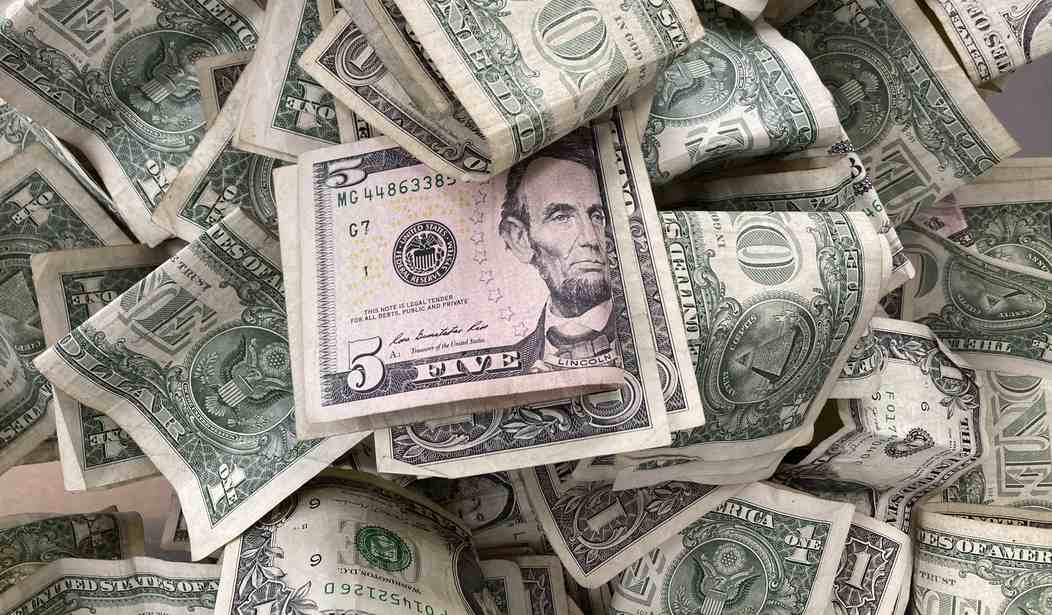Ahead of Election Day, a new national survey shows most voters know little about the personal impacts of the Tax Cuts and Jobs Act, which is set to expire at the end of 2025.
The survey, conducted by Public Opinion Strategies on behalf of Stand Together, shows that 76% of voters, an overwhelming majority, say now is a bad time to increase taxes, and only 5% say it is a good time. The other 18% said it was neither a good time nor a bad time.
The Tax Foundation has estimated that if the TCJA expires next year, a single parent with one child making $30,000 per year will pay more than $1,000 more in taxes annually. A family of four making $75,000 is estimated to face a tax increase of more than $1,500.
Former President Donald Trump signed the TCJA, often called the Trump tax cuts, into law in 2017, and it is set to expire at the end of 2025. During the debate between the Republican nominee and Kamala Harris, the vice president claimed they were "tax cuts for billionaires."
To date, Harris has not answered the question if she would let them expire.
The survey of 1,000 likely voters was conducted nationally Sept. 5-9 and has a margin of error of plus or minus 3.53 percentage points in 95 out of 100 cases.
This sentiment on tax increases was broad and bipartisan, with 89% of Republicans, 74% of independents, and 65% of Democrats all saying that now is a bad time to raise taxes.
The survey showed unprecedented support for keeping the current tax rates, with voters viewing the expiration of the TCJA as a tax increase.
The survey showed that a whopping 90% of voters said that if they were in Congress and had a choice between keeping current tax rates or raising taxes, they would vote to keep the current rates.
Recommended
It also showed that 72% of voters, including 66% of independents and over 60% of Democrats, view doing nothing and letting the tax rates expire as a tax rate increase.
The survey also showed that the majority of independent voters said increasing the corporate tax rate would hurt small businesses. Over 61.7 million people work in small businesses, of which there are over 33 million in our country, according to data from the Small Business Administration.
Independent voters also said increasing the corporate tax rate will hurt American consumers and middle-class families the most because corporations will be forced to cut jobs, increase prices and possibly move their headquarters to other countries.
In August, Harris proposed increasing the corporate tax rate to 28%, according to campaign spokesperson James Singer.
Trump cut the corporate tax rate from 35% to 21% when he was president.
The survey showed that after voters heard messaging about the impacts of increasing the corporate tax rate, voters swung 20 points against the increase and across partisan lines, including a 36-point increase in opposition with soft Republicans, and a 24-point increase in opposition among independents.
There is also a sizable increase in opposition among key demographics, such as voters aged 18-34 and those without college degrees.

























Join the conversation as a VIP Member